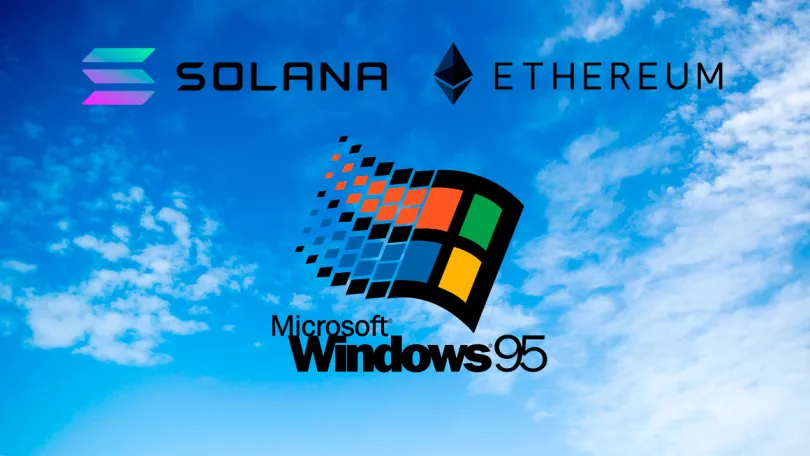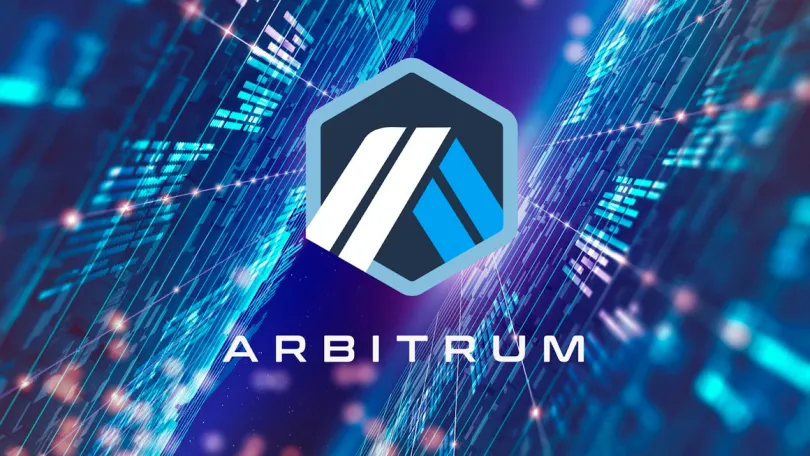Decentralized governance refers to a system where decision-making power is distributed among a network of participants rather than being centralized in a single authority. This concept has gained significant traction in the crypto and blockchain space as communities seek to create more transparent and inclusive frameworks for managing digital assets and protocols. The shift toward decentralized governance allows users to shape the direction of projects they are involved in, enhancing user engagement and trust.
In traditional governance models, decisions are often made by a central authority or a small group of individuals. This can lead to issues such as lack of transparency, inefficiencies, and, in some cases, corruption. Conversely, decentralized governance empowers users by allowing them to participate in decision-making processes, typically through voting mechanisms enabled by smart contracts. Popular cryptocurrencies like Ethereum, Polkadot, and Tezos have adopted decentralized governance structures, enabling token holders to propose changes, vote on upgrades, and influence the future of these ecosystems.
Users participate in decentralized governance through a variety of mechanisms. For example, holders of governance tokens can vote on proposals that impact the protocol's features, such as fee structures or governance model changes. This alignment of incentives encourages users to actively engage with the platform, fostering a sense of community and ownership.
As decentralized governance continues to evolve, innovative tools and platforms emerge to facilitate participation. Protocols often use decentralized autonomous organizations (DAOs) to streamline decision-making processes, allowing for transparent discussions and easier participation in governance activities. DAOs represent a new way of organizing communities around shared goals, where every voice can be heard, and the decision-making process is collective.
People are increasingly drawn to decentralized governance not only for its democratic principles but also for its potential to enhance the efficiency of decision-making. By leveraging the power of blockchain technology, participants can trust that their contributions—whether through votes or proposals—are recorded and executed fairly.
For those seeking to stay updated on trends and developments in decentralized governance, our site offers the latest news and insights. Whether you are a seasoned investor, a developer, or just curious about the world of crypto, you will find valuable information that keeps you informed about this dynamic aspect of the blockchain community. Engaging in decentralized governance not only shapes the future of individual projects but also contributes to the broader transformation of how communities interact within the digital economy.
Decentralized Governance news
Trending news
- Artificial Intelligence (AI)
- Altcoins
- Bitcoin
- DeFi
- Ethereum
- Economy
- Market and Events
- Metaverse
- Mining
- NFT
- Regulation
- Web3
- show less

















